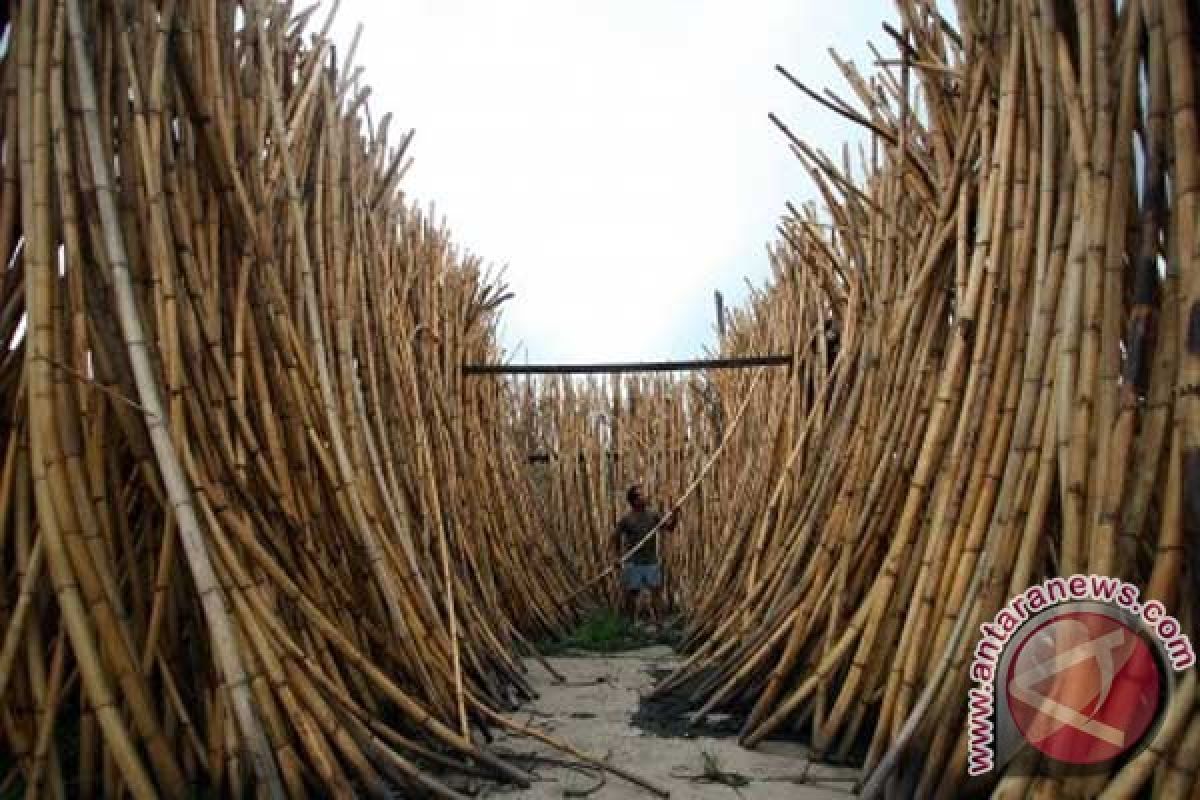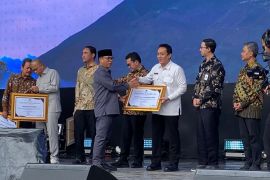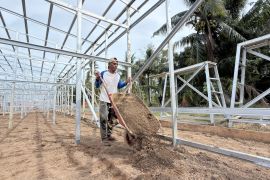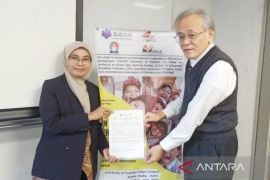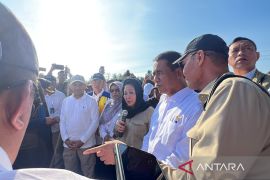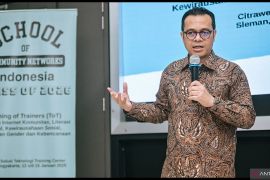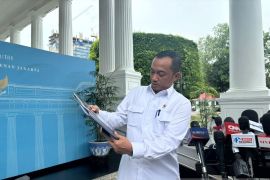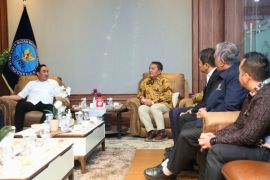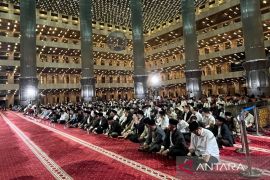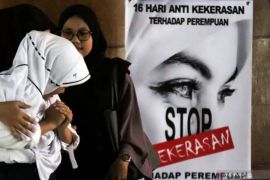"Following the ban the income of many rattan farmers and entrepreneurs decline because rattan factories in Indonesia are unable to buy their commodity," said Basuni, a rattan farmer.Jakarta (ANTARA News) - The ban on the export of raw and semi processed rattan materials has made rattan farmers and entrepreneurs in Kotawaringin Timur district, Central Kalimantan, miserable.
It has affected the income of many rattan farmers and entrepreneurs in the district because many rattan factories were unable to buy their commodities.
Therefore they have asked the central government to pay attention to their fate after the ban on the export of raw and semi-processed rattan.
"Following the ban the income of many rattan farmers and entrepreneurs decline because rattan factories in Indonesia are unable to buy their commodity," said Basuni, a rattan farmer In Kotawaringin Timor last Thursday.
Basuni said that since the ban on rattan export was enacted late 2011, there was no intervention from the central government to help the rattan farmers face the difficult situation.
"Government promise of solution such as the enactment of the warehouse receipt system has not been proven until now, while the rattan farmers are struggling to survive," Basuni said.
He said the rattan export ban regulation, instead of increasing investments in the region, has made a lot of rattan farmers miserable because it has resulted in unemployment.
Therefore he urged the government to immediately lift the Trade Ministry`s Regulation No.35, 36, 37/2011 because it has been impeding the livelihood of rattan farmers and entrepreneurs.
Meanwhile, Dahlan Ismail, another rattan entrepreneur here, explained that the government should review first before issuing the ban on the rattan export.
"The government must seek a concrete solution because its promise of warehouse receipt system has not been realized," Dahlan said.
He opined that the the export ban on rattan by the government was detrimental to the rattan farmers and the government as well because, according to him, rattan exports continue to happen through various possible ways.
"Therefore it is better for the government to review the ban because it has made the rattan business in Indonesia, particularly in Kalimantan, to be in a slump," he noted.
Dahlan said the ban on the export of raw and semi-finished rattan was stipulated in Trade Minister Regulation No. 35, 36, and 37/2011 and it has made the rattan farmers suffer because their rattan commodity could not be sold.
"If the ban on the export of raw rattan cannot be lifted, I think it can be done with the semi-finished rattan because it will be more helpful to absorb many workers," Dahlan said.
He pointed out that at least three semi-finished rattan factories in Kotawaringin Timur had gone bankrupt because of the regulation.
The government in 2011 imposed a ban on raw rattan exports in a bid to overcome raw material shortages at home that had exacerbated domestic rattan product industry.
At the time Trade Minister Gita Wirjawan said in the statement that the government shut down raw rattan exports so that the commodity could be fully used by domestic industries.
He said such a measure was also aimed at expanding rattan industry to regions across the country, not only in Java that has been the center of the industry.
To facilitate the aim, transfer of technology improvement would be required so as to equal the quality of rattan products produced in Java and in other regions.
Other fundamental reasons of the rattan raw material export ban policy were to maintain the threshold of sustainable rattan and forest resources, to improve industrial utilization and export of rattan products as well as to prevent the smuggling of certain types of rattan.
Various policy measures that needed to be taken to minimize the impact of the export ban on raw rattan materials include implementing policies and action plans from various aspects.
From the industrial aspect, it was by ensuring the availability of rattan raw materials for the benefit of domestic industries, minimizing direct impact on the farmers and rattan gatherers.
The policy was intended to make all rattan taken from natural and cultivated forests be absorbed by domestic industries and prepare a domestic development industries road map that was realistic and could be immediately applied.
Meanwhile, Industry Minister MS Hidayat during his visit to rattan development center at Bambulung village in Barito Timur district, Central Kalimantan on June 13, 2013 said he had sponsored rattan furniture exhibitions in some countries such as Germany, the United States, and Shanghai to introduce Indonesian rattan furniture.
"The exhibitions were intended to introduce widely the rattan furniture to international community," Hidayat said, adding that he would propose the use of rattan furniture at Indonesian embassies around the world.
According to him, 85 percent of world furniture products have their raw materials from Indonesia but the ready materials were dominated by other countries because Indonesia only exported the raw materials.
Therefore Barito Selatan district government in Central Kalimantan has planned to build rattan development center in the district to excite rattan industry.
"The rattan development center is important because most of Barito Selatan residents along the Barito river banks work as rattan farmers," Barito Selatan District Head Farid Yusran said in Buntok last Friday.
With the presence of rattan development center, Farid expressed hope that the selling price of raw rattan would be guaranteed, and rattan industry would grow and improve the rattan farmers` welfare.(*)
Reporter: Otniel Tamindael
Editor: Heru Purwanto
Copyright © ANTARA 2013
